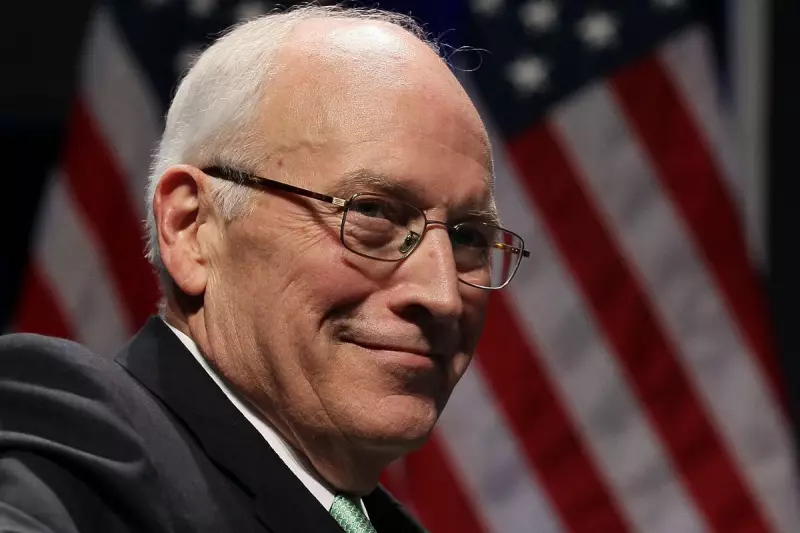
In what could be one of the most explosive political revelations in recent memory, former US Vice President Dick Cheney has reportedly made a stunning deathbed confession about the true motives behind the 2003 Iraq War.
The Oil Admission That Changes Everything
According to sources close to the former vice president, Cheney admitted that securing oil interests was a primary driver for the invasion that claimed hundreds of thousands of lives and reshaped the Middle East. This confession directly contradicts the official narrative presented to the American public and international community for nearly two decades.
Halliburton's Controversial Windfall
The revelation takes on even greater significance given Cheney's previous role as CEO of Halliburton. The energy corporation secured billions of dollars in no-bid contracts for Iraq reconstruction work following the invasion, raising longstanding suspicions about conflicts of interest.
Key aspects of the controversy include:
- Halliburton's stock value skyrocketed during the Iraq War period
- The company received preferential treatment for lucrative reconstruction contracts
- Cheney continued receiving deferred compensation from Halliburton during his vice presidency
- Multiple investigations into contract awarding processes
A Legacy Forever Tainted
Cheney's admission places the entire Iraq War legacy under fresh scrutiny. The conflict, which began in 2003 under the Bush administration, was officially justified by claims of weapons of mass destruction that were never found.
The human cost of the war remains staggering:
- Over 4,400 American military personnel killed
- Estimates of 100,000+ Iraqi civilian deaths
- Trillions of dollars in taxpayer money spent
- Regional instability that continues to this day
Historical Reckoning
This deathbed confession adds fuel to ongoing debates about accountability for political leaders who initiate armed conflicts. Historians and political analysts are now reassessing the Cheney legacy in light of these revelations, with many questioning how this admission might reshape public understanding of one of America's most controversial military engagements.
The timing of this revelation, as Cheney faces serious health challenges, ensures the Iraq War debate will be reignited just as a new generation examines this pivotal moment in 21st century history.





